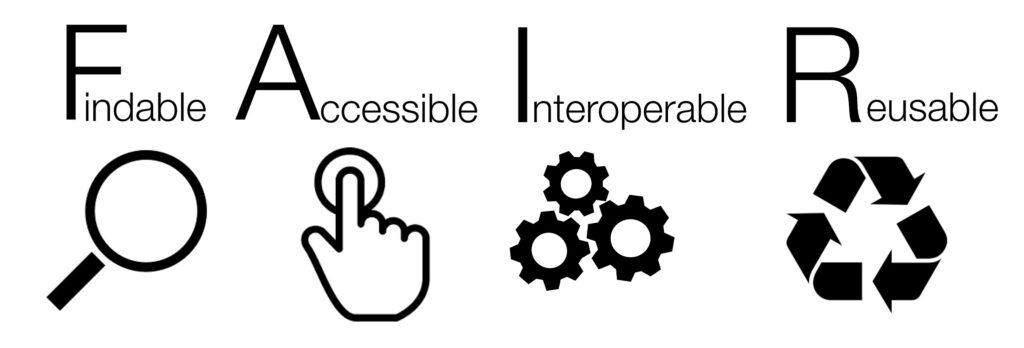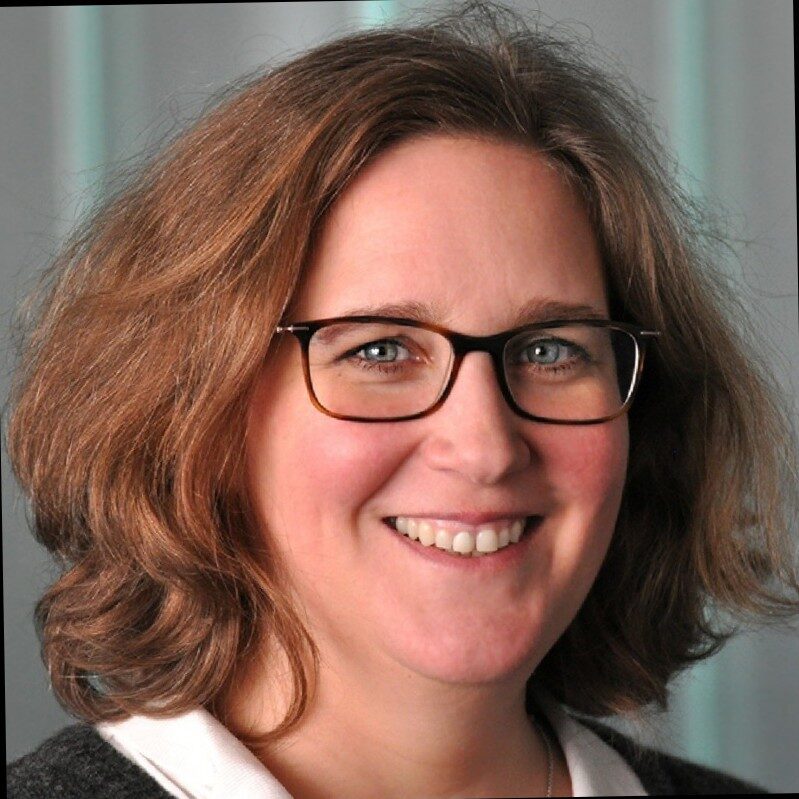Do you recognize this?
You read something and then you think something else because of that, and this Something is so banal, so self-evident, so obvious – and then you want to quote the relevant standard work (book, article, ISO standard), but you can’t find anything? Has this self-evident fact really never been written down before?
In the case of books or articles, this is often the beginning (or end) of a research project: I’ll just write it myself!
It is quite possible that the seemingly banal Something is only so banal, obvious and self-evident to you because you know it so well, are an expert in adjacent or related fields, and your mind makes connections that are not so self-evident to the rest of the world.
Nothing would be more obvious than to pour the knowledge into the format appropriate to the academic discipline and publish it (FAIRly and openly, of course!)
But it can also be that this Something is so obvious that it resonates as a tacit basic value in thought and action – but is never spelled out.
Then it can be very helpful to express this unspoken basic principle and give it a name and therefore – oh, the magic of language! – a form. Only now can we communicate about it openly and discuss it explicitly, in detail – scars, warts, and all.
In fact, it is often the case that if people do not come together in debates, discussions and arguments, they probably do not share certain basic values or beliefs. If you address and discuss these openly, you may see a solution – or at least the problem.
Why am I telling you all this?
When creating the “Data Clues”, it wasn’t just about linking the information – we also wanted to find a reason to talk about the FAIR principles.

FAIR data stands for Findable, Accessible, Interoperable, Reusable. The word “fair”, on the other hand, stems from team sports and refers to comradely behavior and the acceptance of rules. The acronym is therefore automatically charged with social, collaborative values.
Academic procedures (FAIR data! Open science!) and academic values (good scientific practice!) sound the same – but are they synonymous?
(Spoiler: no, of course not… )
The (German) “Guidelines for Safeguarding Good Scientific Practice” serve to codify professional ethical standards. However, the definition of what exactly constitutes “good practice” remains surprisingly vague – you are exptected to work “lege artis”, the word “integrity” is used.
However, Guideline 13 explicitly recommends following the FAIR principles to ensure the comprehensibility, connectivity and reusability of research. Their restriction is declared an exceptional case that must be justified.
Although “FAIR” is one of the basic requirements for Open Science, OS practices go far beyond this and would provide material for an entire series of blog posts.
Nevertheless, the words “FAIR” and “Open (Science)” are so closely linked that they are often mentioned in the same breath. This connection means that they are used almost synonymously in everyday language.
And I am sure that the large semantic overlap between FAIR and “fair” contributes to their success.
Because the FAIR principles immediately make sense to us:
Of course! Science can only progress if we not only publish findings (especially from government-funded research), but also if others can find them, gain access to them, process them across systems and reuse them as a basis for further research.
That’s only fair!
Obvious? Self-evident? Banal?
Yes, of course! FAIR is fair!
Thus, by talking about “FAIR” as a value system, we can also use it as a basis to explain and disseminate the principles of Open Science and consciously establish them as a standard procedure for academic work.
Working FAIR may sound simple, but it is not easy.
Although the FAIR principles (and the principles of Open Science) are so obvious and plausible – we wouldn’t all be here if it were easy for us to implement them in everyday life.
That is why WiNoDa already offered several events on Open Science in general and FAIR in particular:
– on May 13, 2025 a Workshop: “How to Open Science… in Earth and Human History Research”. (Presentation: https://doi.org/10.5281/zenodo.15696305)
– on May 20, 2025 a Webinar: “Be FAIR and CARE: Core Principles for Open Science in Research with Objects”. (Presentation: https://doi.org/10.5281/zenodo.15607066; Recording: https://www.youtube.com/watch?v=02cCwscKzC0)
– on July 1, 2025, a Webinar: “Data Ethics and Open Science: Navigating the Complexities of Accessibility and Transparency of Research Data” (Presentation: https://zenodo.org/records/15782545; Recording: Link will be added after publication )
Check it out!
(There is more to come…)
The FAIR principles were published here in 2016: https://www.nature.com/articles/sdata201618. See also: https://www.go-fair.org/fair-principles/
The Guidelines for Safeguarding Good Scientific Practice were published here in 2019: https://zenodo.org/records/14281892 and are continuously developed further. See also: https://wissenschaftliche-integritaet.de/

As an academic staff at the DAI, my main responsibility for WiNoDa lies in the creation of self-study courses on discipline-specific data literacy.
Hands-on and interactive – my goal is: less technical jargon, more “aha” moments.
Because we are all working with data!
